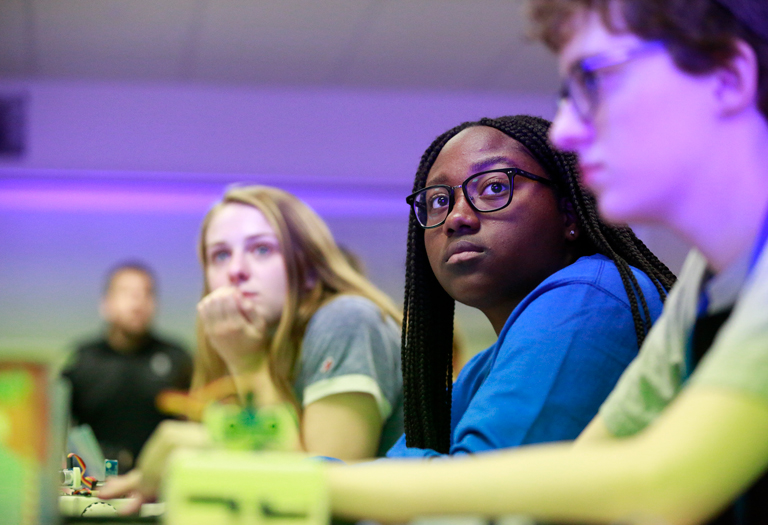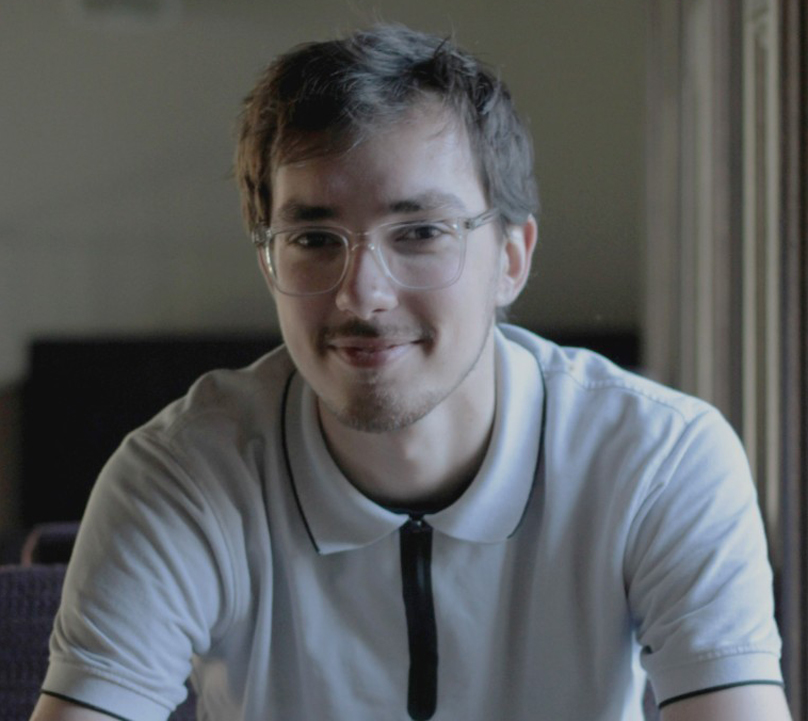Computer Science

Program Information
Sample courses in this program include:
- CS248 Object-Oriented Programming and Data Structures
- CS333 Database Systems
- CS383 Engineering Projects in Community Service 2
- CS431 Operating Systems
- CS452 Parallel Algorithms and Programming
See all Computer Science major curriculum information
See all Computer Science minor curriculum information
- Artificial Intelligence
- Cybersecurity
- Game Design
The Computer Science major can be completed in a total of three years, which includes completing coursework during both summer terms. More information can be found here.

Learning Outcomes
Our Computer Science program is more broad-based and prepares students not only for a variety of careers in the computing disciplines but also for graduate study. Specifically, students who complete this degree will be able to:
Analyze and solve mathematics-based problems.
Understand and explain the main concepts, principles, algorithms, data structures, and theories of computer science.
Write programs and develop software to solve problems.
Communicate and work effectively in teams.
Articulate one’s role in society as a computing professional, including ethical, legal, and social obligations.
Meet Your Faculty
View All Faculty
Computer Science and Software Engineering – LAS
View more about Munirul Haque

Computer Science and Software Engineering – LAS
View more about Jonathan Sorenson

Computer Science and Software Engineering – LAS
View more about Panos Linos
Butler allowed me to nourish my excitement with STEM and my love of music.
“Butler was uniquely flexible in working with me to create my own path and that’s not something most schools do. The opportunity to learn such a broad range of things really enriched my time at Butler.”
Walker Demel ’21
Doctoral student, Northwestern University

Computer Science FAQs
REQUEST INFORMATION
Whatever path you’re interested in pursuing, there’s a place for you at Butler.

